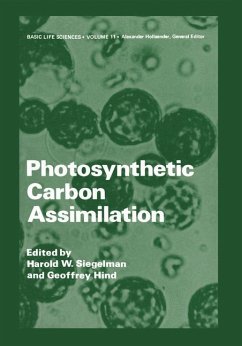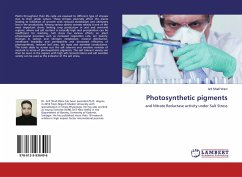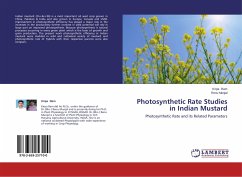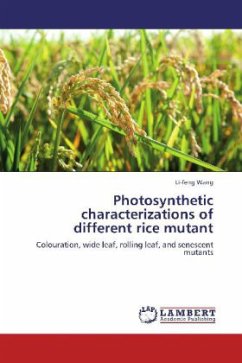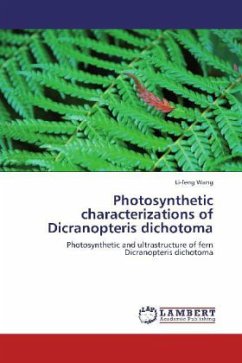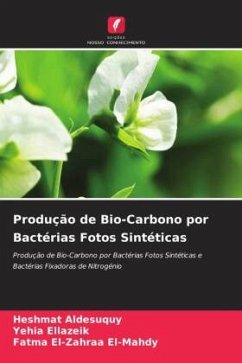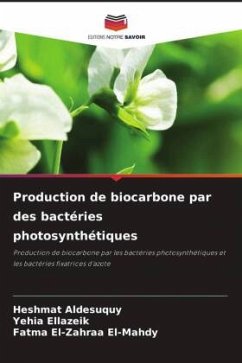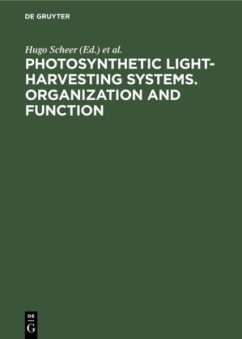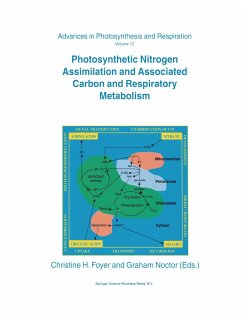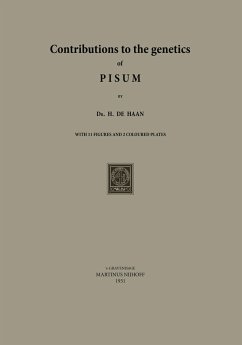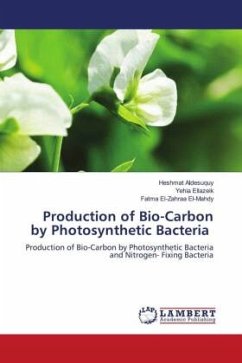
Production of Bio-Carbon by Photosynthetic Bacteria
Production of Bio-Carbon by Photosynthetic Bacteria and Nitrogen- Fixing Bacteria
Versandkostenfrei!
Versandfertig in 6-10 Tagen
40,99 €
inkl. MwSt.

PAYBACK Punkte
20 °P sammeln!
Bio-carbon is defined as the residue of solid non-agglomerated organic matter of vegetable or animal origin that results from carbonization by heat in the absence of air at a temperature above 300°C. Biochar (a synonymous to Bio-carbon) has emerged as a potential win-win strategy for climate change mitigation and food production at the global scale. Due to the depletion of fossil fuel and its harmful effects on the environment, and relatively low-cost, bio-carbon presented itself as a viable alternative. Moreover, excessive use of chemical fertilizers that are harmful to human and environment...
Bio-carbon is defined as the residue of solid non-agglomerated organic matter of vegetable or animal origin that results from carbonization by heat in the absence of air at a temperature above 300°C. Biochar (a synonymous to Bio-carbon) has emerged as a potential win-win strategy for climate change mitigation and food production at the global scale. Due to the depletion of fossil fuel and its harmful effects on the environment, and relatively low-cost, bio-carbon presented itself as a viable alternative. Moreover, excessive use of chemical fertilizers that are harmful to human and environment and high cost of plant hormones, photosynthetic bacteria and nitrogen-fixing bacteria are good and dependable natural and biological sources for bio-carbon production through increase plants biomasses and productivities. The two bacteria used during the course of this study were photosynthetic bacterium (Rhodospirillum rubrum) and nitrogen-fixing bacterium (Rhizobium leguminosarum). It can be safely conclude that the bio-carbon is a perfect target to produce as a successful renewable energy source using variety of techniques and soil enhancement protocols.



